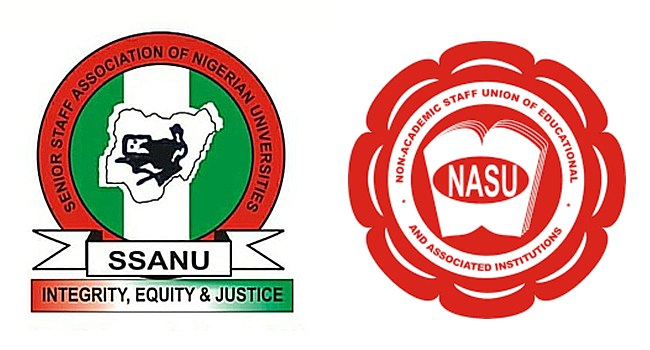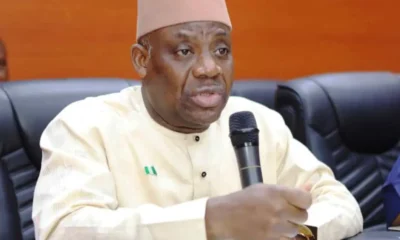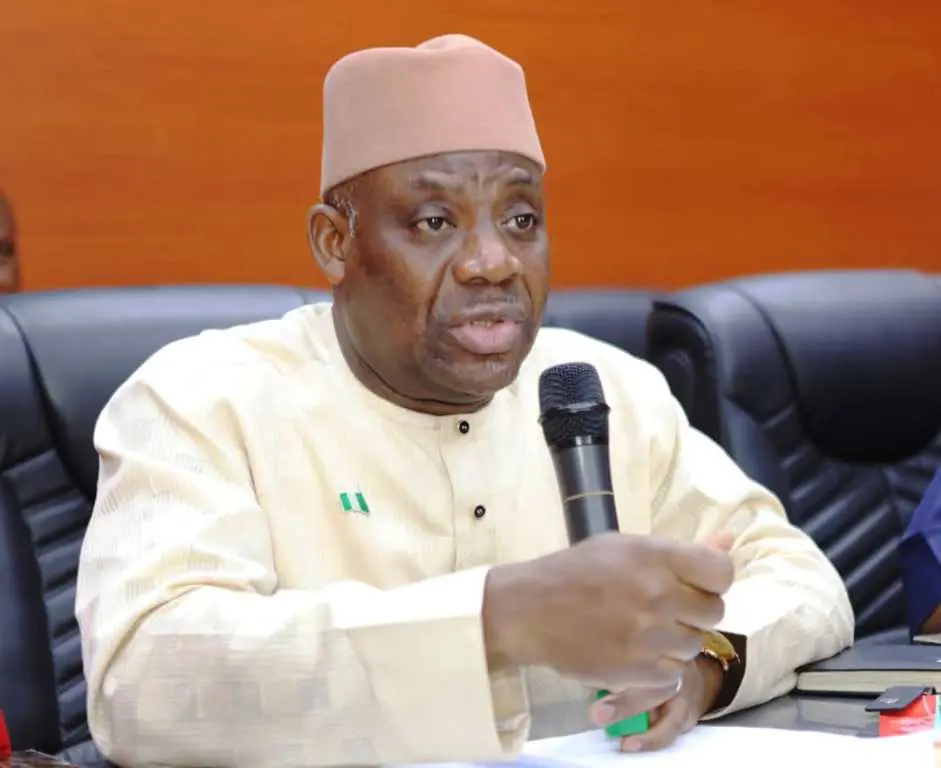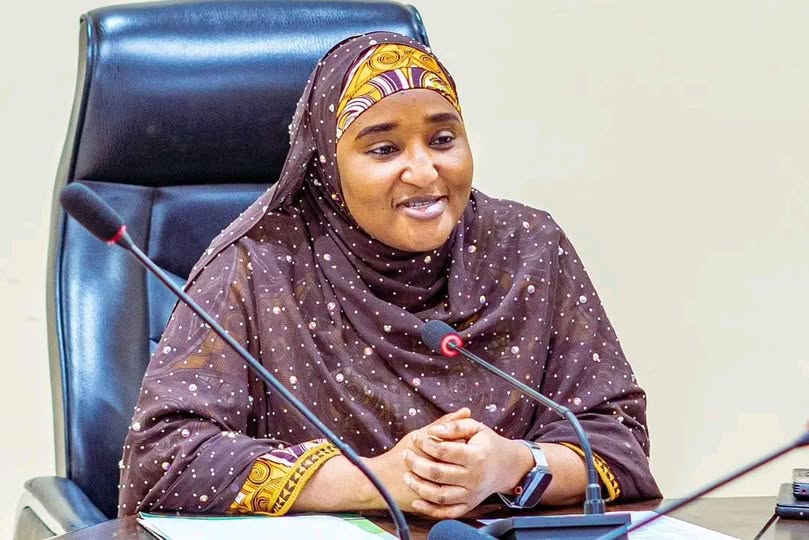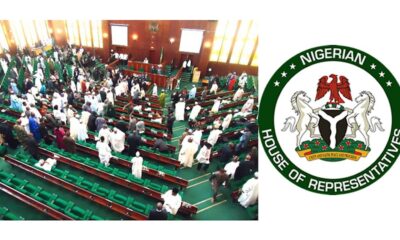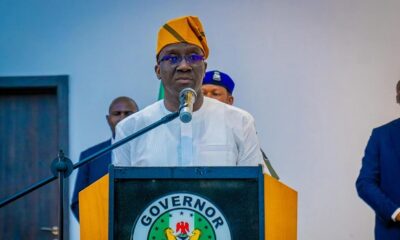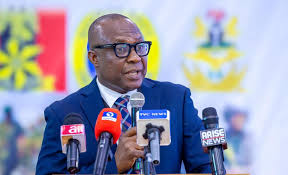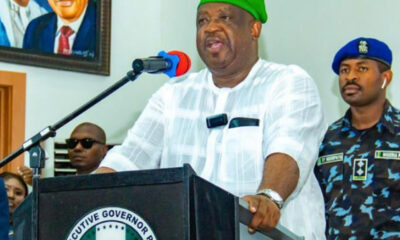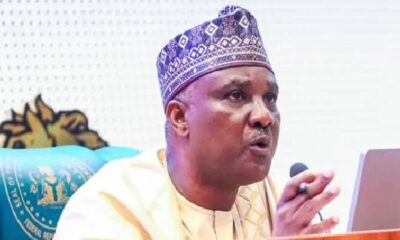Nigeria’s First Lady, Senator Oluremi Tinubu, has unveiled a national menstrual health project under her Renewed Hope Initiative, tagged “Flow with Confidence,” with the distribution of 10,000 sanitary pad packs to teenage girls from selected schools across Anambra State.
The initiative, which was first launched in October 2025, includes the distribution of 370,000 sanitary pad packs across the 36 states of the federation, including the Federal Capital Territory, with each state expected to receive an allocation of 10,000 packs.
The programme is aimed at empowering schoolgirls, promoting menstrual hygiene, and restoring their dignity during their menstrual cycle through a one-year supply of sanitary pads.
At the Anambra State flag-off ceremony held on Wednesday at the Banquet Hall of the Light House in Awka, Tinubu was represented by the state’s First Lady, Dr Nonye Soludo, who also serves as the state Coordinator of the Renewed Hope Initiative.
Soludo, who is also the founder of the Healthy Living with Nonye Soludo initiative, while reading the First Lady’s speech, disclosed that Anambra received an allocation of 10,000 sanitary pads to be distributed equitably across the state, particularly in rural communities where many girls struggle to access such products.
She described the programme as a timely intervention to address the challenges faced by adolescent girls, especially the stigma, ridicule, and loss of self-confidence that often accompany menstruation in schools.
According to her, the project seeks to prevent girls from missing school due to their periods and to promote dignity and confidence by ensuring they have access to menstrual hygiene products.
She said, “The programme is a timely intervention to address the challenges faced by adolescent girls, especially the stigma, ridicule, and loss of self-confidence that often accompany menstruation in schools.
“It is wrong for girls to miss school during their periods because they cannot afford sanitary pads or fear stained clothes. Through this initiative, young girls will not only receive sanitary pads but also gain the confidence to embrace their education without disruption.
“This gesture is about health, dignity, and self-esteem. We urge beneficiaries not to sell the pads but to use them properly. The project is designed to safeguard your health and prevent infections linked to unhygienic alternatives such as rags or tissues.
“About ₦2.5 billion was spent to provide these sanitary pads from a locally manufactured company. To our girls, this is for you; make the most use of it, stay in school, and never allow shame and stigma to affect your confidence and future dreams.”
Also speaking at the launch, the member representing Onitsha North I Constituency in the Anambra State House of Assembly, Ifeoma Azikiwe, commended Senator Tinubu’s compassion and dedication to the welfare of women and girls nationwide.
Azikiwe noted that the initiative would reduce school absenteeism among girls and protect their dignity.
“This is a laudable step towards ensuring menstrual health, reducing the risk of infections, and enabling our girls to stay in school with confidence.
“We appreciate the First Lady of Nigeria for extending this support to every state, and we are particularly grateful for the 10,000 pads allocated to Anambra,” she added.
The event also featured a lecture delivered by a female health expert, who encouraged the girls to view menstruation not as a source of shame but as a natural process and a sign of strength.
“Menstruation is not something to hide or be embarrassed about. It is part of womanhood. Use your sanitary pads correctly, maintain good hygiene, and talk to your mothers, sisters, or trusted adults whenever you need guidance.
“Above all, never let menstruation hold you back from achieving your dreams,” she said.
The gathering, which was attended by state officials, representatives from the 21 local government areas, women’s groups, and schoolgirls, underscored the importance of menstrual health in sustaining girls’ education.
Apart from the pad packs distributed, the teenage girls also received cash gifts from the Anambra State First Lady to cover their transportation fare back to their various destinations.
Beneficiaries expressed joy and gratitude, noting that the pads would help them attend school regularly and boost their confidence among peers.

